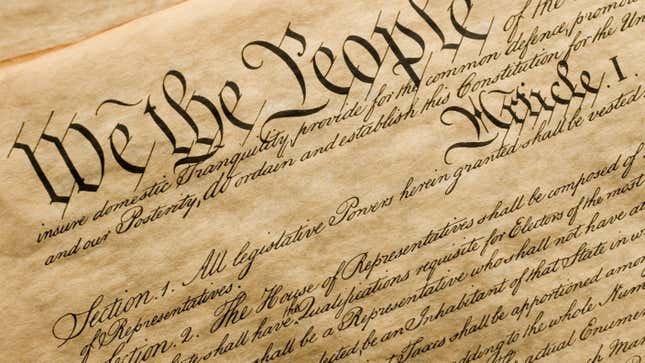
There’s a movement afoot in some quarters to get rid of the Electoral College, the institution that really elects the president of the United States.
More often than not, the winner of the popular vote also wins enough electoral votes to gain the Oval Office. But in just the last 20 years, the Electoral College has twice decided the presidency, with the candidates on the losing end, Al Gore and Hillary Clinton, respectively, having the most popular votes: in 2000, with the first election of George W. Bush, and again in 2016, with the election of Donald Trump.
Now, an interstate compact of more than a dozen states has joined to dismantle the Electoral College by passing laws pledging all of their states’ electoral votes to whoever wins the nation’s popular vote during presidential elections.
On Wednesday, Maine senators passed a bill to do the same with their state’s votes, according to The Hill.
As The Hill explains:
If passed by the state House and signed by Maine Gov. Janet Mills (D), the state would become the latest to join the National Popular Vote interstate compact, which is an agreement among a number of states to give their Electoral College votes to whichever presidential candidate wins the popular vote.
So far, 14 states and Washington, D.C., have joined the pact, which will only take effect if a number of states holding the majority of the Electoral College’s 538 electoral votes join the agreement.
According to the Bangor Daily News, Maine’s House is expected to pass the bill. However, the newspaper notes that critics fear passing the bill will dilute the influence of Maine and other small states on presidential races, noting that Trump, the eventual winner of the 2016 election, visited Maine twice:
Proponents have argued that candidates have little reason to pay attention to small states during general elections and instead focus on larger swing states. Conservative opponents including the Maine Heritage Policy Center have said joining the compact would give Maine less say in the outcome.

